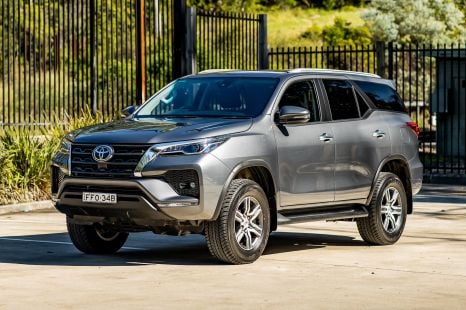

Matt Campbell
6 Days Ago
Toyota and Subaru only launched their first dedicated EVs this year, and they’re already the subject of a recall.

News Editor
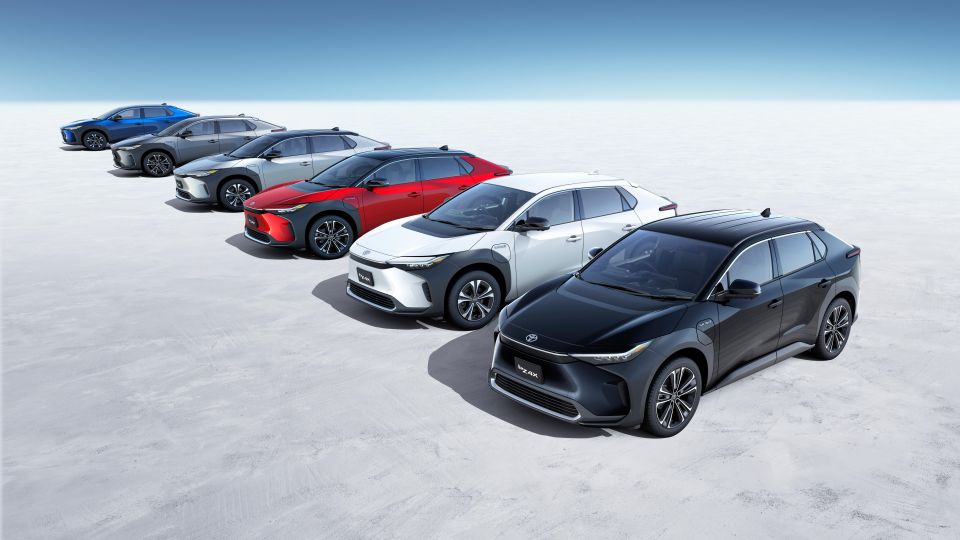

News Editor
The wheels are barely rolling on Toyota and Subaru’s electric (EV) plans, but they’re already at risk of falling off the pair’s first dedicated EVs.
The Toyota bZ4x and Subaru Solterra twins, co-developed by the two brands, have been recalled globally due to an issue with their wheel hub bolts, and not their battery or electric motors.
A recall notice issued by the Japanese Ministry of Land, Infrastructure, Transport and Tourism advises “the bolt can loosen due to repeated sharp turns and sudden braking”.
It says an abnormal noise can occur and, in the worst case scenario, there’s a risk of the tyres falling off.
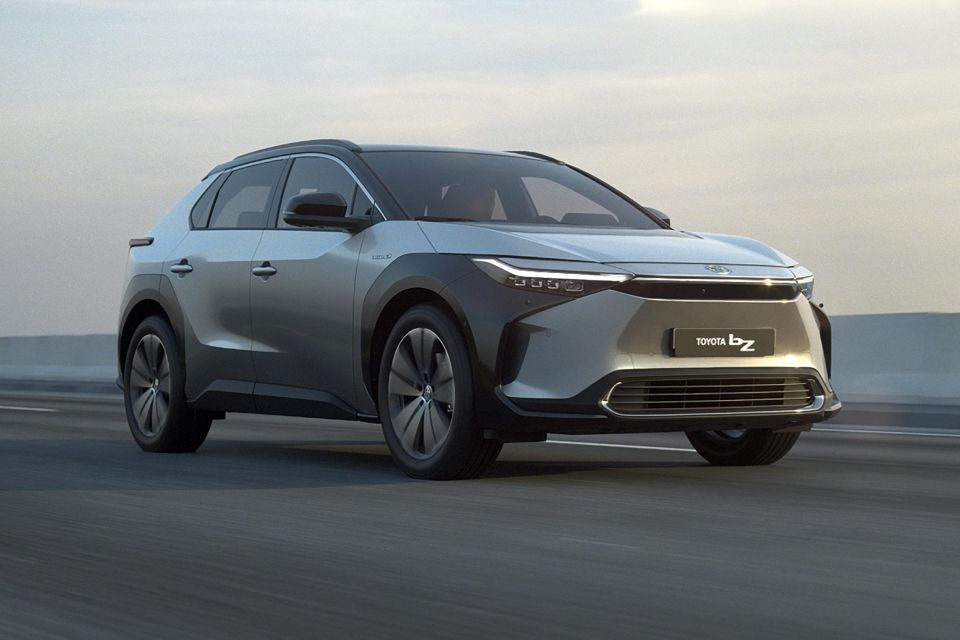
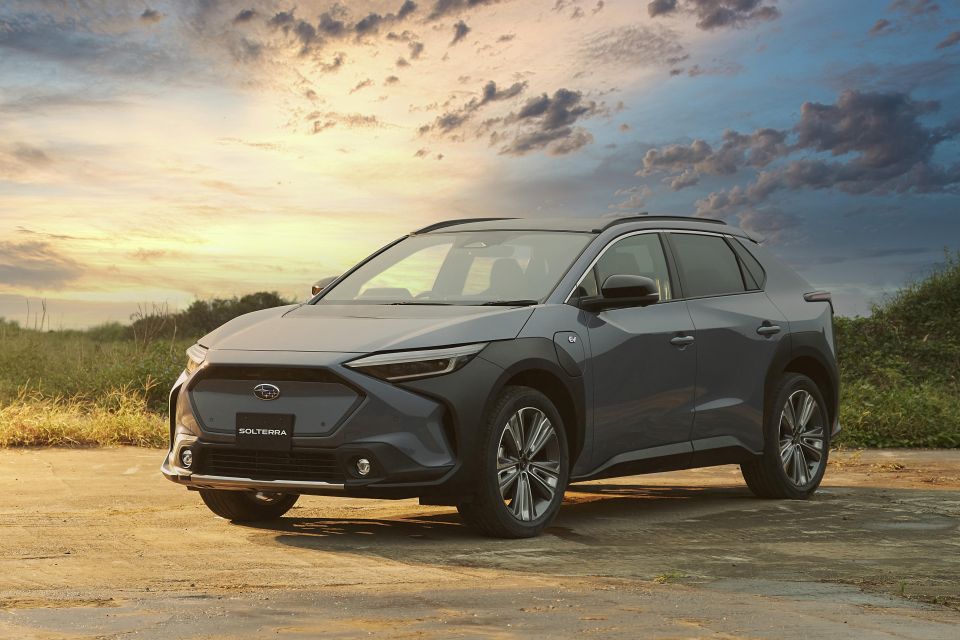
The Ministry is warning owners to stop driving their vehicles, and “take permanent measures as soon as the measures are decided”.
Likewise, the US National Highway Traffic Safety Administration (NHTSA) recall notice warns owners not to drive their vehicles until they are repaired, and that “the remedy is currently under development”.
“The cause of the issue and the driving patterns under which this issue could occur are still under investigation,” the notice says.
Reuters reports the recall affects 2700 bZ4x models and 2600 Solterras globally.
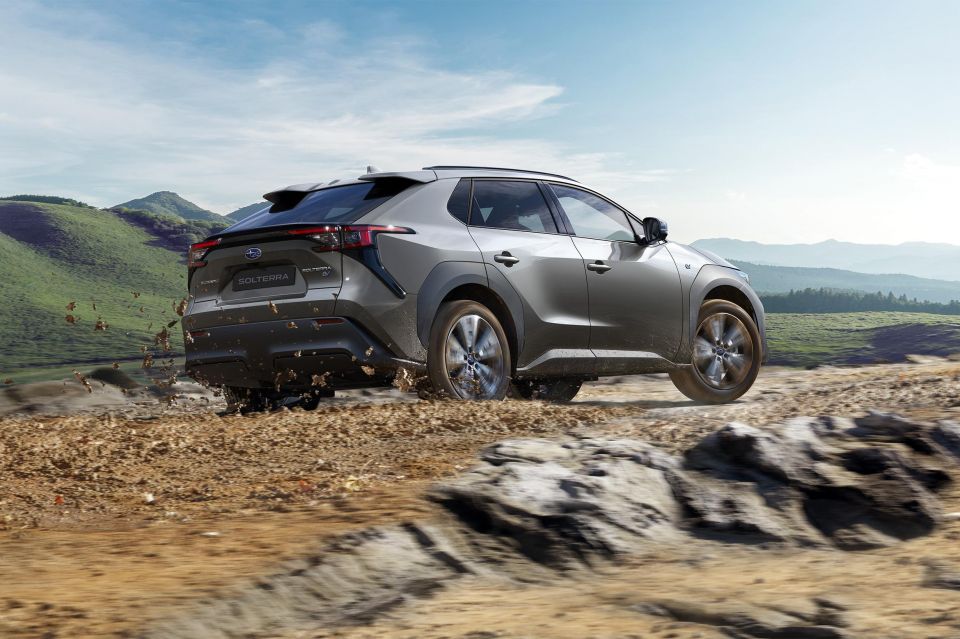
They’re the first models to use the new e-TNGA electric vehicle architecture, also marketed by Subaru as the e-Subaru Global Platform.
The problem was reportedly discovered after people in the US had driven the cars, though it’s unclear if there have been any accidents.
A source told Reuters one car with the issue had been driven particularly hard.
Though share prices for both companies initially dipped after the news broke late last week, they’ve since recovered.
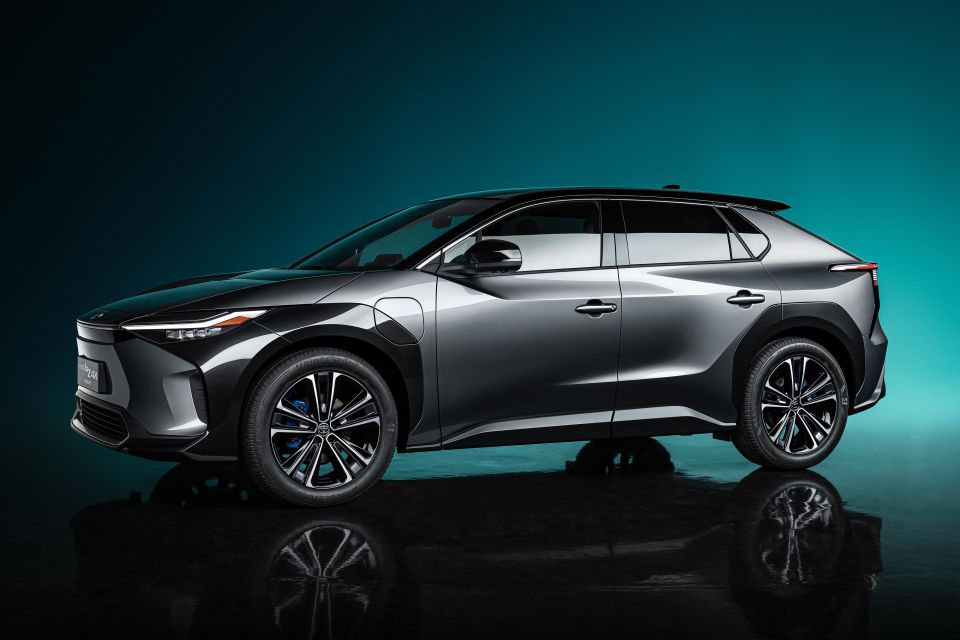
Nevertheless, this is an embarrassing recall for companies that have already been tardy introducing electric vehicles.
Though Toyota made electric versions of two generations of RAV4 available for lease in select markets, and introduced an electric C-HR in China in 2020, the bZ4x is its first ground-up electric vehicle.
The company revealed a slate of 16 Toyota and Lexus-branded electric vehicles last December, announcing it would offer 30 electric models globally by 2030 in passenger and commercial segments.
The company is targeting 3.5 million annual electric sales by then – hydrogen and hybrid not included – up 75 per cent on its previous target. Lexus will be BEV-only in core regions by then.
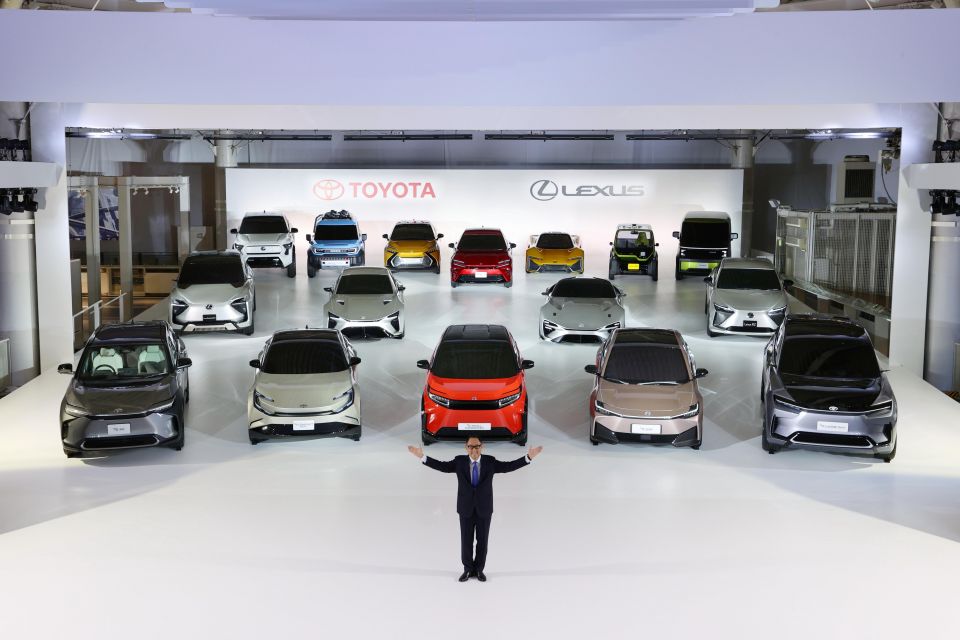
It also said it would commit eight trillion yen (A$85 billion) to electrifying its lineup by 2030, half of which is slated for battery-electric vehicles.
Toyota has come under fire for not only its sluggish electric vehicle rollout, but also its lobbying efforts.
Reuters reports Toyota president Akio Toyoda, who also serves as the chairman of the Japan Automobile Manufacturers Association industry group, lobbied the Japanese government to put hybrid vehicles on an equal footing with BEVs or face losing the automotive industry’s support.
Akira Amari, a member of the ruling Liberal Democratic Party, reportedly requested changes to the government’s annual economic policy roadmap at a party meeting earlier this month, saying he had spoken with the Toyota chairman a day earlier.
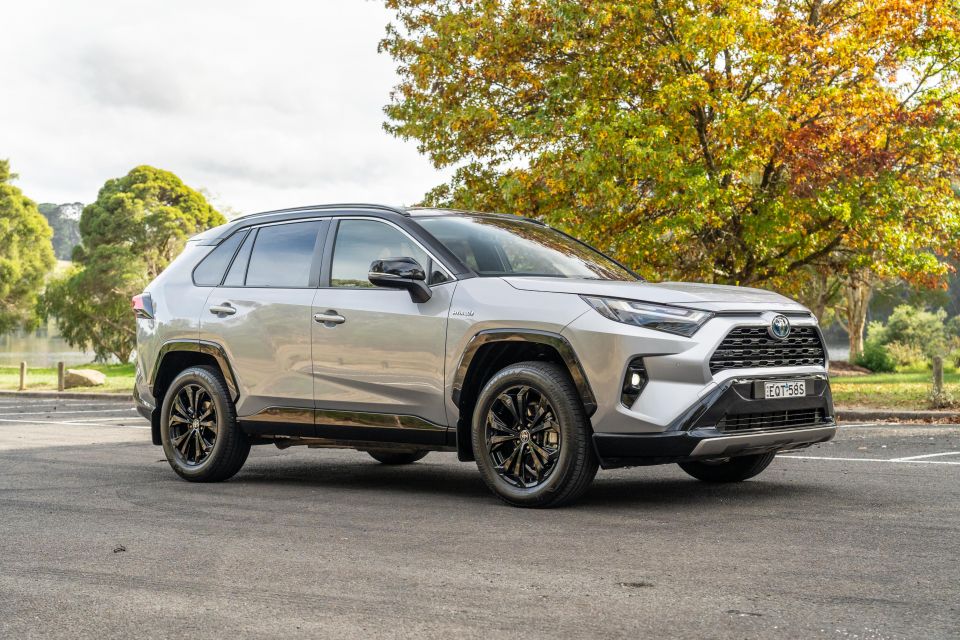
The previous version of the roadmap said the government was targeting new car sales in 2035 to consist solely of EVs, but the updated version makes reference to hybrids and EVs.
Amari reportedly argued at the meeting that synthetic fuel and hydrogen would make hybrids “100 per cent clean energy” cars, and therefore the roadmap needed to mention that.
The New York Times reported last year Toyota sent Chris Reynolds, a senior executive overseeing government affairs, to Washington D.C. to lobby against an aggressive transition to electric vehicles in favour of a bigger role for hybrids and hydrogen fuel-cell vehicles.
It also reported Toyota has lobbied against stricter emissions standards in markets like the US, the UK, the European Union and Australia, and donated to politicians who reject the scientific consensus on human-caused climate change.
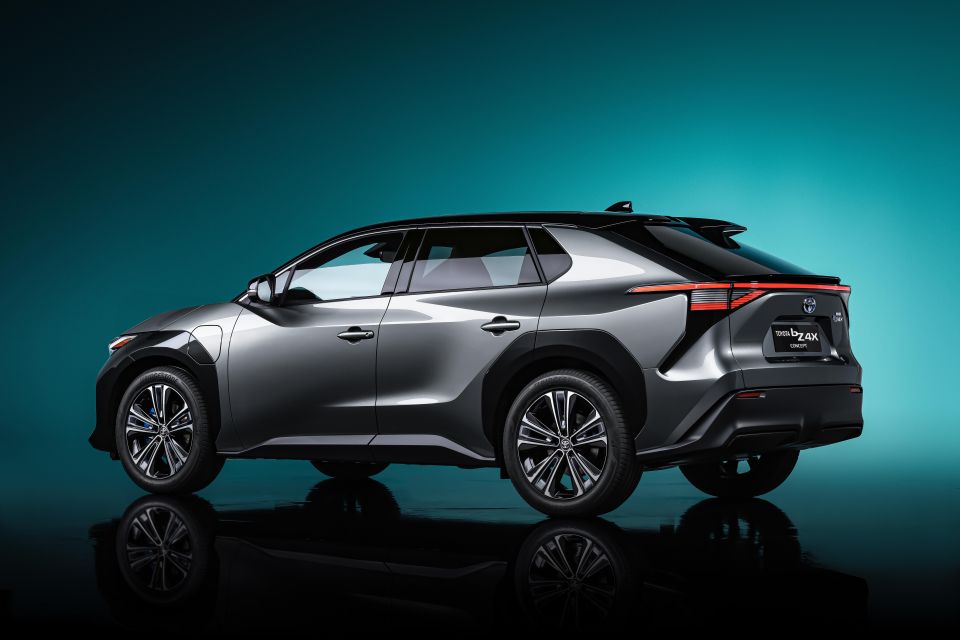
Toyota won’t commit, as some other automakers have done, to phasing out sales of combustion-powered vehicles.
“We will not, cannot, limit the choices [of our customers], because Toyota is truly global and serves customers in different regions,” said executive vice president Masahiko Maeda.
Toyota says it believes different markets will take “different paths” to decarbonisation, and has committed to offering a wide range of eco-friendly vehicles including EVs and its popular hybrids.
It’s also argued EVs aren’t appropriate for some markets, and that more attention needs to be paid to the short- and medium-term where hybrid vehicles can meaningfully reduce emissions.
MORE: Toyota clashes with shareholders over its slow EV rollout
William Stopford is an automotive journalist based in Brisbane, Australia. William is a Business/Journalism graduate from the Queensland University of Technology who loves to travel, briefly lived in the US, and has a particular interest in the American car industry.


Matt Campbell
6 Days Ago

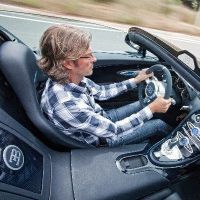
Angus MacKenzie
5 Days Ago
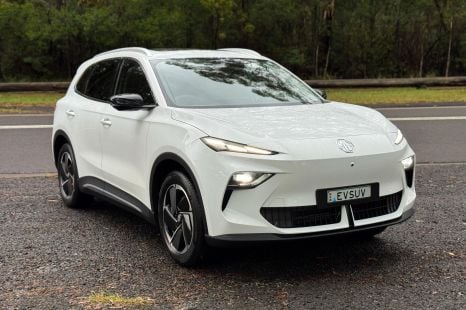

Matt Campbell
4 Days Ago
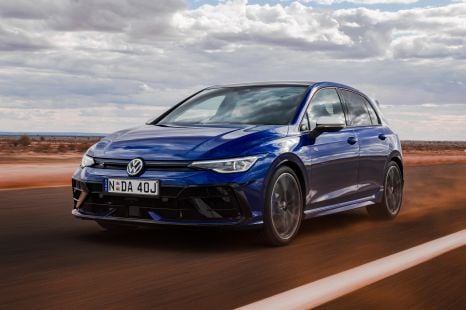

James Wong
2 Days Ago
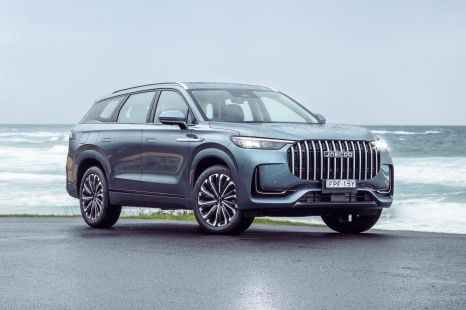

William Stopford
1 Day Ago
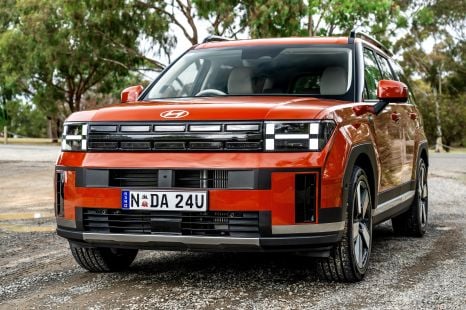

Max Davies
12 Hours Ago